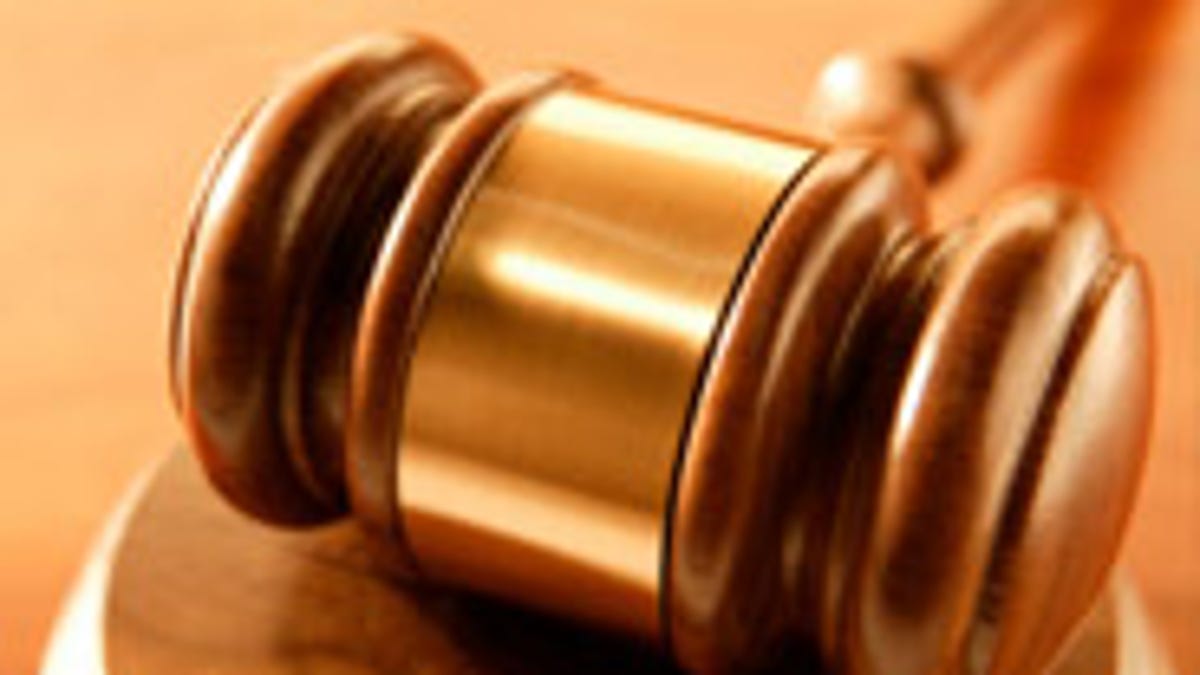More secrets likely to emerge in Apple-Samsung case
A new order opens numerous pieces of evidence from both companies, though it will keep many key details under wraps.

An avalanche of new details about Apple's and Samsung's businesses, including the breadth and duration of their business agreements with other companies, are likely to be made public in the coming days.
As part of a mixed ruling tonight, that still manages to keep several key aspects of both companies' business dealings a secret, U.S. District Court Judge Lucy Koh also denied many requests to maintain secrecy about product profit margins and detailed manufacturing costs.
Also included on that list are both the royalty terms and licensing agreements between Apple and Samsung.
"Although the Court has generally allowed royalty terms of licensing agreements to be sealed, Samsung is seeking to seal a proposed royalty rate between the two litigants," Judge Koh wrote in her order. "This information is important to the parties' damages calculations and therefore important for the public's understanding of this case."
Those damages could total as much as $2.5 billion, a number that could grow even higher depending on how the jury rules. The trial is currently closing in on its second week and estimated to run another two. Along the way, both sides have given up sensitive data as part of their evidence.
Collateral damage
The spat has not left other companies unscathed. More than a dozen companies have fought to have key information about their deals with both Apple and Samsung from being made public along the way. In her order, Judge Koh said that disclosing information about royalty rates and figures Apple and Samsung have with other companies would be kept out of public view.
"The public release of such information would place these third-parties in a weakened bargaining position in future negotiations, thereby giving their customers and competitors a significant advantage," Koh said.
However, Koh added that information about what technologies were being licensed from these parties would not be sealed, potentially offering a broader view of the patent licensing landscape.
Of note, IBM will not have its licensing information made public, despite the fact that Reuters has a copy of the figures that IBM wants sealed. In the ruling, Judge Koh said that if Reuters publishes it after this point, the news outlet "will be in direct violation of this Protective Order."
Qualcomm also saw reprieve. Despite the company accidentally filing a document with unredacted licensing information that was quickly picked up and published, Koh said that the same document could perhaps be used as a blueprint for future deals with other companies and would be sealed up as a result.
Keeping score
The ruling affects numerous exhibits filed by both sides that may or may not be used as evidence in court. If they are submitted, here are the stipulations:
Some of the things Apple cannot keep sealed:
• profit, profit margin, cost, and/or unit sales data
• internal market research reports
• list of Apple's licensors
Some of the things Samsung cannot keep sealed:
• revenues, pricing, profit, and margins
• costs incurred in making and selling the accused devices
• information about its tax structure
The ruling comes on the heels of Apple and Samsung publishing joint evidence containing per unit sales numbers and revenues, information that provided considerably more data than either company has historically made available when discussing sales.
Court picks back up Friday morning with continued testimony, then runs through all of next week.

